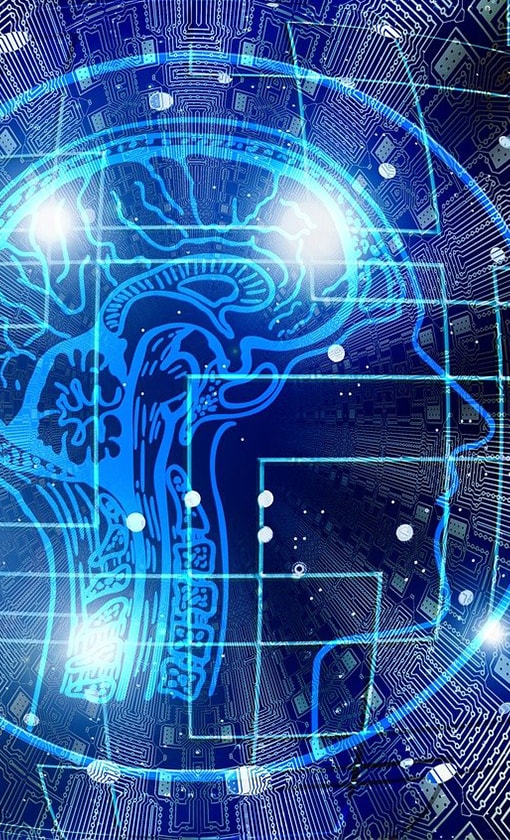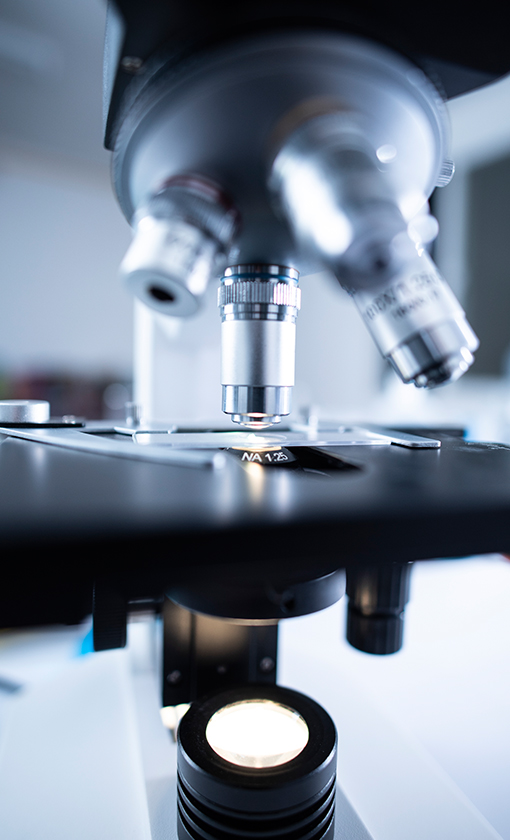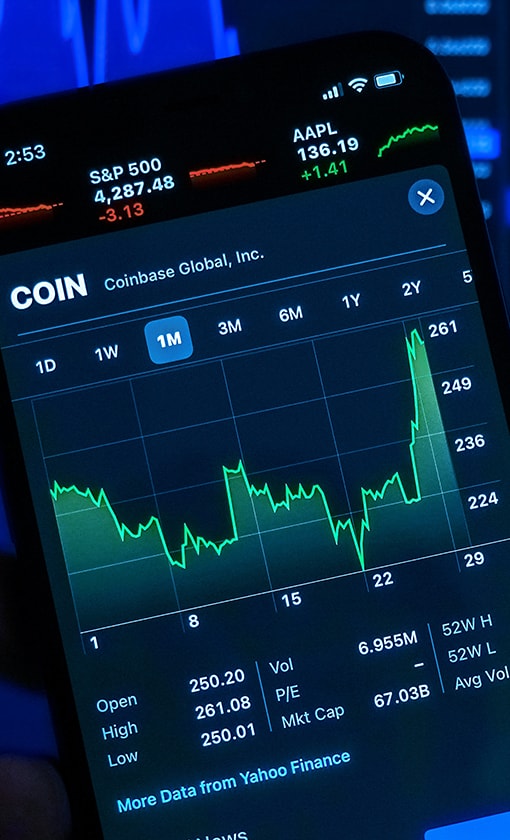News
Site Editor
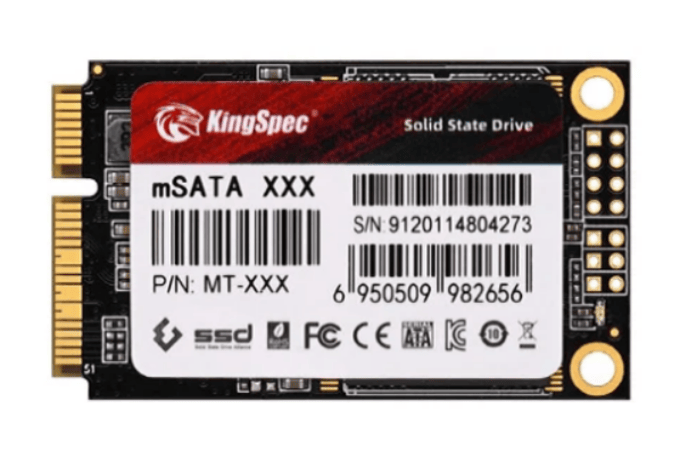 Site
https://kingspec.usa02.wondercdn.com/uploads/image/6307135a29359.png
But the security level of these two technologies has been a great debate. Files deleted on the hard drive have been tested and proven to be recoverable but no one is vast with the recovery nature of files from this new technology.
Let's consult the information below to decide on this most secure storage media.
Site
https://kingspec.usa02.wondercdn.com/uploads/image/6307135a29359.png
But the security level of these two technologies has been a great debate. Files deleted on the hard drive have been tested and proven to be recoverable but no one is vast with the recovery nature of files from this new technology.
Let's consult the information below to decide on this most secure storage media.
Is SSDs More Secure Than Magnetic Drives
Views: 7482
Author: Site Editor
Publish Time: 2022-08-04
Origin: Site
SSDs last longer than HDDs in extreme and harsh environments because they have no moving parts such as drive arms. Hard drives can withstand accidental drops and other shocks, vibrations, extreme temperatures, and magnetic fields better than hard drives.
But the security level of these two technologies has been a great debate. Files deleted on the hard drive have been tested and proven to be recoverable but no one is vast with the recovery nature of files from this new technology.
Let's consult the information below to decide on this most secure storage media.
Data Stored on SSD undergo self-corrosion
In the forensic analysis of SSD flash storage, it has been noticed that the SSD undergoes an automated process called “self-corrosion”, in which the evidence is permanently erased or contaminated, unlike bits stored on magnetic hard drives.
Changes occur in the absence of user instructions. The findings introduce a gray area into the integrity of extracted files from devices and threaten to end the golden age of digital evidence collection offered by older storage types.
SSD firmware ensures garbage collection
Most SSDs have firmware that naturally completes "self mending" or "trash assortment" strategies that can for all times eradicate or modify records that have been set apart for erasure
Assuming trash assortment were to happen previously or during legal extraction of the drive picture, it would bring about irreversible erasure of possibly a lot of significant information that would normally be assembled as proof during the scientific cycle - we call this erosion of proof.
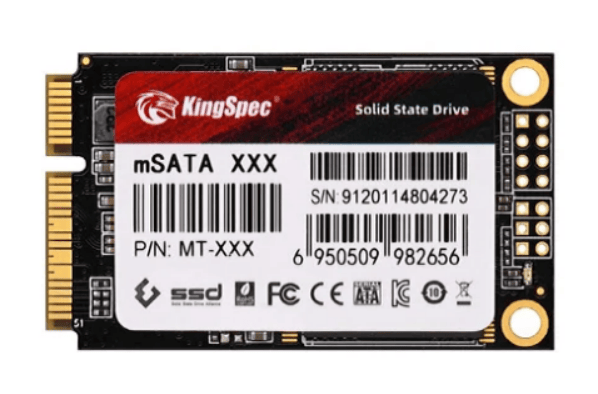
SSD data are not easily destroyed
Getting rid of HDDs and SSDs that are not normally needed, your innovations should be carefully considered. A demagnetizer can destroy data stored on a hard drive because it is an attractive medium.
However, a demagnetizer will not be enough to erase information from a hard drive, given that solid-state drives do not contain protruding, erasable coatings. All things considered, hard drives really should be destroyed with a device like the SSMD-2MM Solid State Media Blaster.
Supports a secure deletion
There is still a lot of work to be done on mount points and the coordinated use of SSDs to perform secure undo tasks going forward. Potential solutions using current builds can fix many of the currently installed media lifespan enhancements that limit the number of communications to any part of the SSD client's total open space.
The outcome is that for security-basic purposes, SSDs are many times not the most ideal decision for capacity innovation. The more noteworthy development of HDD stockpiling advances considers more noteworthy dependability and adaptability of secure information to the executives without harming the normal life expectancy of the stockpiling gadgets, essentially for the present.
I believe you now understand the level of data security of the SSD and the hard drive and you can choose the best for your data recovery.
Purchase premium SSD from us
We have a long heritage of delivering the best SSD technology that will aid the performance of your operations, giving you seedless computation power.












